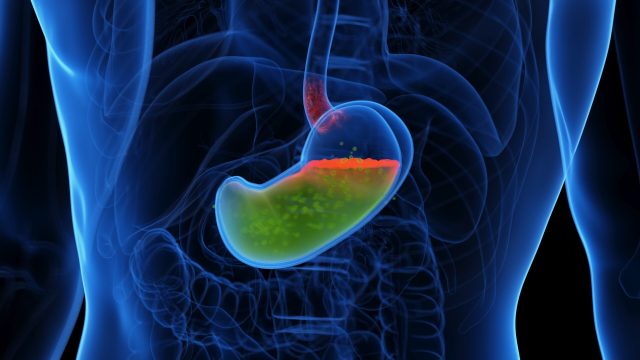Course Summary
Gastroesophageal reflux can occur in in the first months of life and it often resolves by age one. As individuals age, consistent symptoms of gastroesophageal reflux disease or heartburn can lead to complications. Successful management includes an understanding of the disorder, medication, dietary approaches and education on managing symptoms. Several drugs are used for the treatment of gastroesophageal reflux disease. Patients should be investigated for symptoms and followed up through recommended diagnostic testing and treatment. This is the second course in the Functional GI Disorders series.
Course Format
Homestudy
Course Syllabus
- I. Introduction
- II. GERD Epidemiology and Pathophysiology
- 1. Functional Dyspepsia
- 2. NASPGN Consensus Statements
- III. GERD Symptoms in the Pediatric Population
- 1. Infants
- 2. Preschool Age
- 3. Older Children and Adolescents
- IV. Etiology of GERD
- V. Diagnosis of GERD
- 1. Screening Questionnaires
- 2. Empiric Treatment
- 3. Barium Contrast Radiography
- 4. Endoscopy and Histology
- 5. Esophageal pH Monitoring and Impedance Monitoring
- VI. Complications of GERD
- 1. Esophagitis and Esophageal Stricture
- 2. Respiratory Symptoms
- VII. Treatment of GERD
- 1. Infants
- 2. Older Children
- 3. Proton Pump Inhibitors
- 4. Histamine Types 2 Receptor Antagonists
- 5. Antacids
- 6. Prokinetics
- 7. Surface Agents
- 8. Anti-reflux Surgery
- 9. Endoscopic Techniques
- VIII. Case Study: Infant Gastroesophageal Reflux
- 1. Discussion
- IX. Summary
Author
Noah H. Carpenter, MD
Dr. Noah Carpenter is a Thoracic and Peripheral Vascular Surgeon. He completed his Bachelor of Science in chemistry and medical school and training at the University of Manitoba. Dr. Carpenter completed surgical residency and fellowship at the University of Edmonton and Affiliated Hospitals in Edmonton, Alberta, and an additional Adult Cardiovascular and Thoracic Surgery fellowship at the University of Edinburgh, Scotland. He has specialized in microsurgical techniques, vascular endoscopy, laser and laparoscopic surgery in Brandon, Manitoba and Vancouver, British Columbia, Canada and in Colorado, Texas, and California. Dr. Carpenter has an Honorary Doctorate of Law from the University of Calgary, and was appointed a Citizen Ambassador to China, and has served as a member of the Indigenous Physicians Association of Canada, the Canadian College of Health Service Executives, the Science Institute of the Northwest Territories, Canada Science Council, and the International Society of Endovascular Surgeons, among others. He has been an inspiration to youth, motivating them to understand the importance of achieving higher education.


